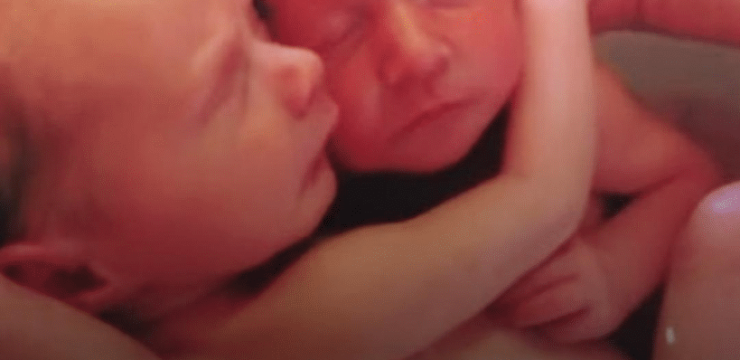If you’ve never seen Love Me Tender, Elvis Presley’s very first movie, you’re in for a treat—and if you’re already a fan, watching it again is a nostalgic ride back to the moment when the King of Rock ‘n’ Roll first stepped into Hollywood. The film is available for free on YouTube, and it offers more than just a peek at Elvis’s early stardom—it’s a window into the incredible charisma, raw talent, and screen presence that made him a global icon.

Known for his voice, his moves, and his undeniable charm, Elvis showed in this film that he was more than just a music sensation. He could act, too—and he took it seriously. Love Me Tender, released in 1956, was set just after the Civil War and featured a blend of Western action, family drama, and romance. Originally titled The Reno Brothers, it was renamed to capitalize on the success of Elvis’s hit song “Love Me Tender,” which became an instant chart-topper. In the film, Elvis played Clint Reno, the youngest of four brothers and the only character he ever portrayed based on a real historical figure—partly inspired by the notorious Reno Gang, known for being among the first American train robbers.
When the movie premiered at the Paramount Theater in New York City, it became a cultural event. Over 1,500 fans camped out overnight beneath a towering 40-foot Elvis cutout. Inside, the crowd’s screams during his scenes were so loud that his dialogue was barely audible. Elvis didn’t just star in the film—he dominated the screen, even though he was billed third behind more experienced actors Richard Egan and Debra Paget. His drive to act seriously came from his admiration of film legends like Marlon Brando and James Dean, stars he once watched from the aisle while working as a theater usher. He studied hard for his role, memorizing everyone’s lines, not just his own.
Producer David Weisbart praised Elvis as humble, polite, and dedicated. However, his manager, Colonel Tom Parker, had a different vision. Parker saw Elvis’s films as opportunities to promote his music, leading to scenes and songs being added solely to showcase his voice and personality. Though Elvis didn’t plan to sing in the film originally, within five minutes of appearing onscreen, he was already performing. A benefit concert scene in the film even brings modern vibes into a Civil War setting, complete with screaming girls—which, while anachronistic, was undeniably Elvis. Clint Reno’s role had originally been offered to Jeffrey Hunter and Robert Wagner, both of whom declined.
After casting Elvis, producers expanded the part, adding songs and additional scenes to highlight his star power. The title song, “Love Me Tender,” was adapted from a Civil War-era tune called “Aura Lee,” with new lyrics written by Ken Darby and credited to his wife Vera Matson. When Elvis first performed the song on The Ed Sullivan Show, it sparked a frenzy—RCA received over a million pre-orders before the record even hit stores. The song stayed at number one for five straight weeks and remained a staple in Elvis’s concerts for years. Actress Debra Paget, just 22 at the time, had already built a Hollywood career. At first unsure about working with the rising star, she was quickly charmed by Elvis’s kindness and sincerity. The two formed a special bond on set. Elvis even proposed to her, though she declined, citing her parents’ objections and her budding relationship with businessman Howard Hughes. It’s said Priscilla Presley later adopted Debra’s hairstyle from the film in hopes of catching Elvis’s attention.
A lesser-known fact: Elvis’s character originally died at the end of the movie. His mother, Gladys Presley, was so upset by the tragic ending that she convinced the studio to soften it. They added a new scene—Elvis singing “Love Me Tender” in silhouette over the closing credits. This scene led to a continuity mistake: by then, Elvis had dyed his hair black, which contrasted with his natural light brown color shown earlier in the film. And for fans who enjoy spotting movie bloopers, Love Me Tender is full of charming goofs. One character zips his pants in a time before zippers existed. A 1950s car is visible in a window during a Civil War-era scene. Elvis stops strumming his guitar in one song, yet the sound keeps playing.
And a hidden gun randomly vanishes and reappears during a shootout—classic continuity slip-ups that only add to the movie’s charm. While critics may not rank Love Me Tender among Elvis’s best films, it remains a milestone in his career. It marked his transition from music superstar to Hollywood actor and showed his fans a new side of him—eager, talented, and full of heart. If you’re ready to revisit that magic or experience it for the first time, head to YouTube and press play. And maybe share the moment with a fellow Elvis fan or someone who loves a good mix of music, romance, Western flair, and just a dash of delightful vintage chaos.





